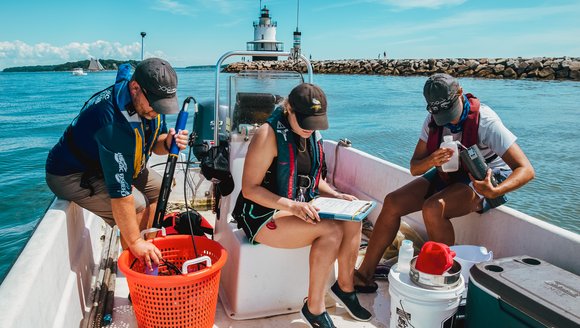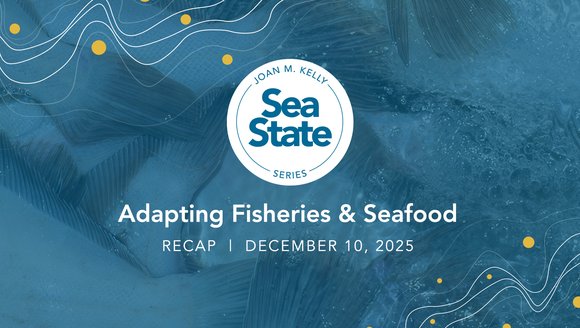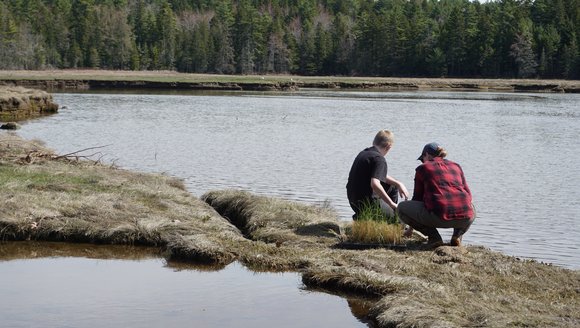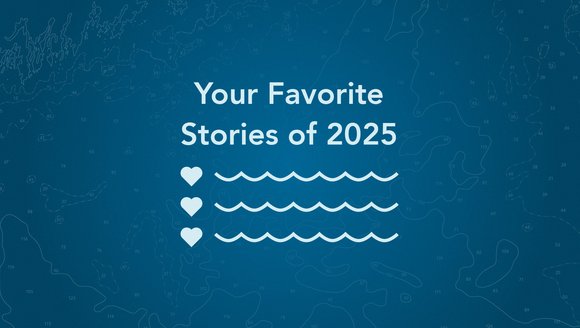Coastal Erosion and Indigenous Resilience
Community-led solutions to coastal erosion and intertidal access challenges.
Rising seas and eroding shorelines pose a growing threat to Indigenous lands and lifeways. This work supports tribal efforts to document and respond to coastal erosion, safeguard intertidal access, and integrate traditional knowledge into shoreline adaptation and planning.
Project Goals:
- Understand how erosion is affecting tribal lands and intertidal zones.
- Support community-led planning and resilience strategies.
- Build storytelling and science communication tools around coastal change.
- Integrate Indigenous knowledge into regional adaptation frameworks.
As coastal erosion reshapes shorelines across the region, tribal communities are grappling with its implications for land use, shellfish harvesting, cultural access, and sovereignty. Through this project, we are supporting tribal partners as they monitor and respond to these changes.
Working closely with Indigenous communities, we are helping document the lived impacts of erosion and collaborating on strategies that reflect Indigenous priorities and perspectives. While the science of shoreline change is important, so too is the cultural knowledge of the land. This work helps ensure that both are honored in planning for the future.
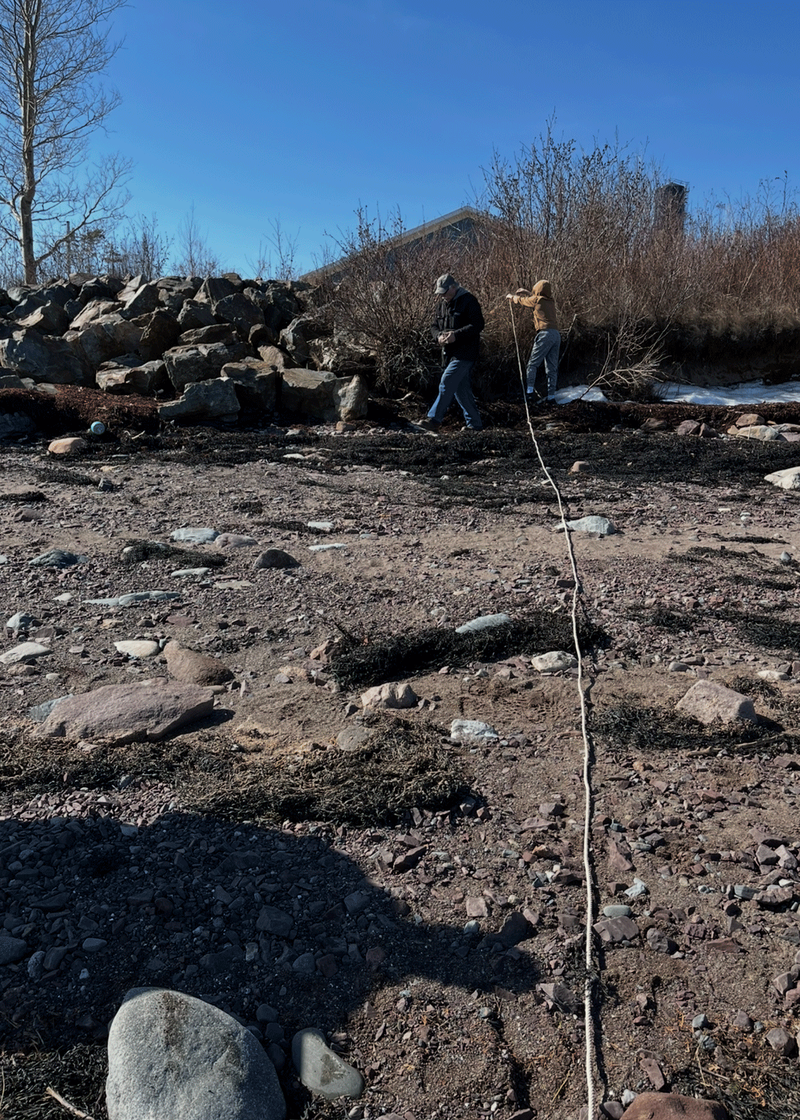
Project Team:
-
2025 Research Progress Update
Each year, to keep you updated on our research team's progress, we develop an update showcasing some of our lab's achievements. More broadly, this update …
Reports
-
Sea State Recap: Adapting Fisheries & Seafood
In this installment of the Sea State series at the Gulf of Maine Research Institute (GMRI), we hosted a conversation about how collaboration and shared …
Perspectives
-
Community Science Wrapped 2025
Understanding how climate change is reshaping the Gulf of Maine, and New England at large, depends on steady, long-term observations — the kinds that reveal …
Perspectives
-
Your Favorite Stories from 2025
Take a look back at some of our most-read stories in 2025.
Perspectives
